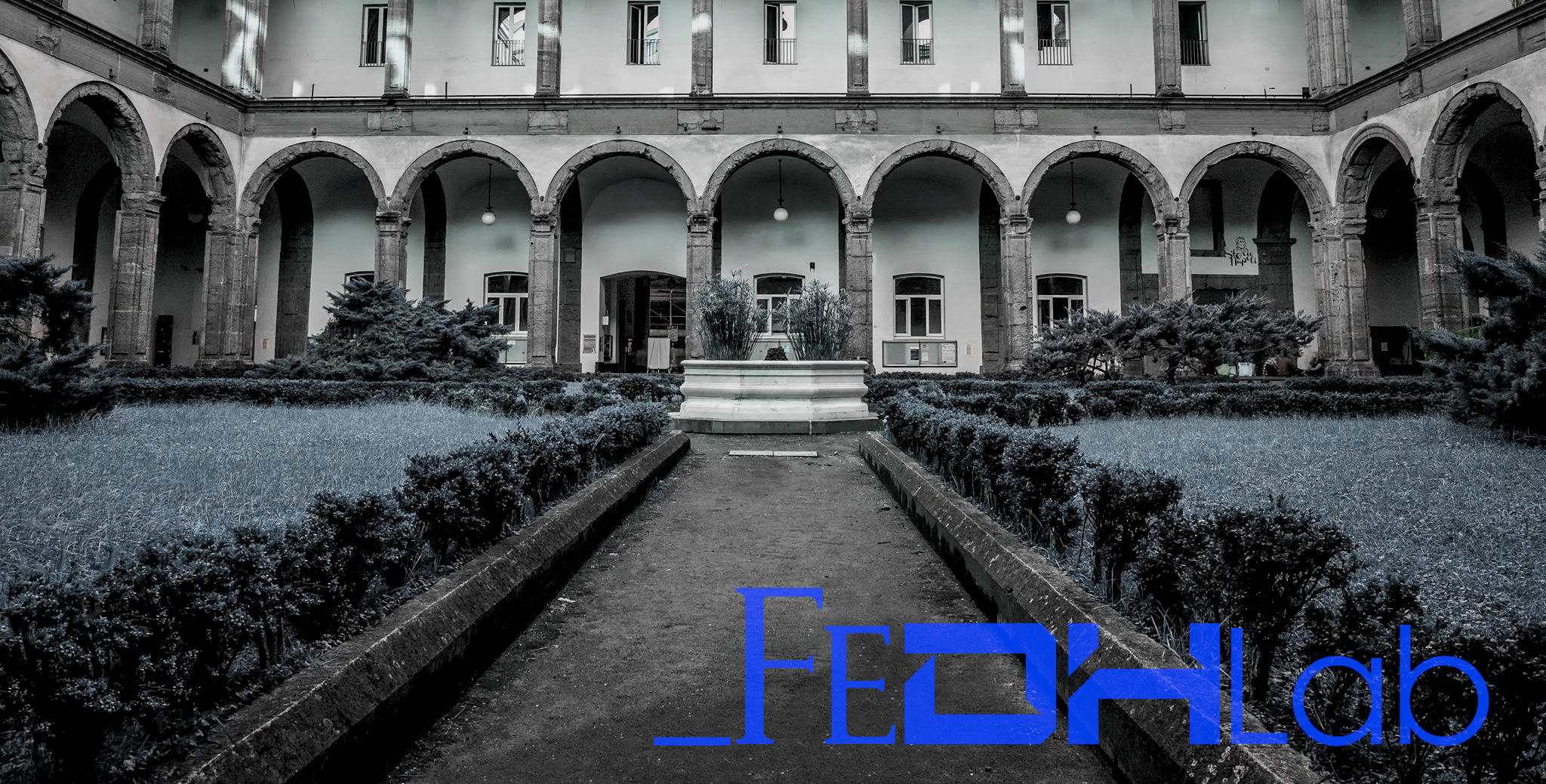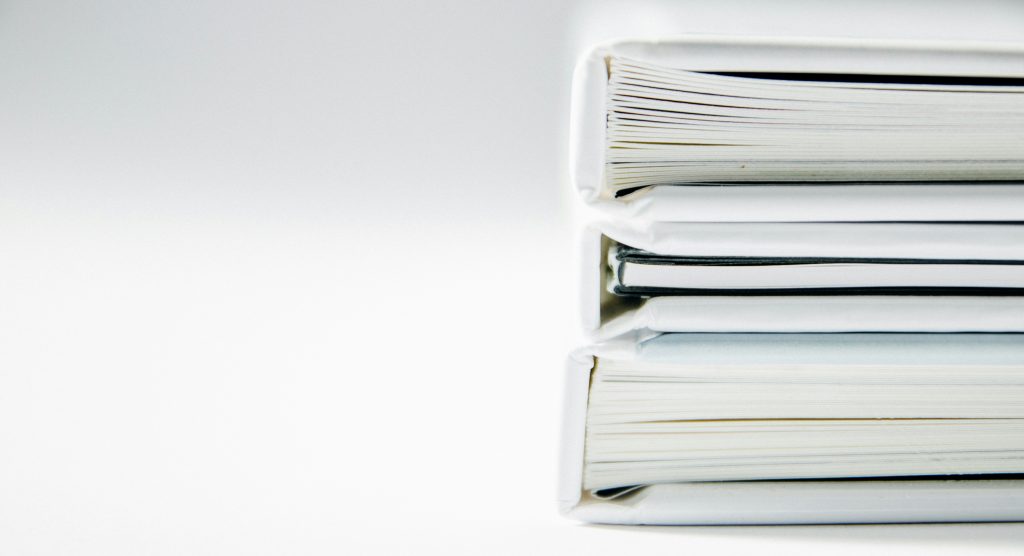Becoming a Visiting Professor
According to the University’s goal of increasing internationalization, the DSU aims to invite foreign professors and researchers to spend three months at our University, engaging in teaching or research assignments.
Full professors, associate professors, or post-doc researchers (in the equivalent qualifications in force in the sending academic system) employed at a foreign university or higher education institution and not residing in Italy are eligible to participate in this program.

Candidates may apply for:
Visiting Professor program
for three consecutive months to be held during one of the two semesters of the academic year and, in any case, between September and July, except in duly justified cases
Visiting Researcher program
for three consecutive months to be held during one of the two semesters of the academic year and, in any case, between September and July, except in duly justified cases
Upon the arrival of the Visiting Professor (Type A) / Researcher (Type B) at the DSU, a grant of 13.500,00 euros for the type A) and of 9.500,00 euros for the type B) will be paid in a single solution to cover mobility expenses.
The international professor/researcher is awarded the title of Visiting Professor/Researcher for the entire duration of the mobility at the University of Naples according to the Regolamento di Ateneo per i “Visiting Professor”, i “Visiting Researcher” ed i “Visiting Fellow”.
During the period of stay, in addition to conducting research activities, Visiting Professors (Type A) are required to dedicate a minimum of fifteen (15) hours to teaching activities in the frame of the study programs offered by the DSU or at the FeDHLab.
At the end of the mobility, the Visiting Professor (Type A)/Researcher (Type B) is required to write a final report in English; this report, signed by the DSU Contact Person, must be submitted to the Director of the DSU, who will validate and disseminate it within the relevant academic context.If you have a local contact at the DSU and you have been invited as a Visiting Professor (Type A)/Researcher (Type B), this web section provides all the necessary information: a brief presentation of our Department and the FeDHLab, administrative procedures and required documents, as well as services offered to professors and researchers.

Documents and procedures
You can seek assistance in preparing all necessary documents and completing the required procedures either from the Contact person for Visiting Positions in your Department or the Visiting Professor Contact person at the DSU.
The Contact person for the Visiting Professor in your Department and the FEDHLAB will guide you through the administrative procedures step by step and provide support for any issues related to your stay in Italy.
We wish you a good stay at the DSU and the FEDHLAB, University of Naples Federico II.

What to do before coming to Italy
Codice Fiscale (Italian Tax Code)
To enter Italy as a Visiting Professor/Researcher you will have to request a Tax code valid in our Country. You can either go to the Italian Consulate or Embassy in your Country, or you can follow the procedure described here to allow us to request it for you.
Tax Certification
If a convention between your Country and Italy allows you to pay taxes only in your home Country and you wish to avail of this convention, you have to request a certificate from the tax office in your Country. The certificate must be done in one of the following languages: Italian, English, Spanish, French. If it is not possible, please have it translated into Italian and then get a certified copy to the Italian Embassy or Consulate in your Country. Otherwise, a 30% tax will be imposed on the total of the Visiting professor’s grant.
Health Insurance
Get short-term health insurance to cover the first 2 months of your stay in Italy (later you should subscribe to permanent health insurance). Alternatively, you may also subscribe to health insurance on the day of your arrival in Italy. If you have decided to pay taxes in Italy, you can freely subscribe to the National Health Service. Instead, suppose you have decided to pay taxes in your Country. In that case, you have two possibilities: 1) use your EHIC card (European Health Insurance Card), which will cover expenses in case of emergency hospitalization and allow you to refer to a doctor or to a specialist indicated by the ASL (Local Health Unit) offices in Naples for a medical visit (in this case, the medical visit may have a cost); 2) take out a private insurance.
Visiting Professors coming from extra-EU countries
NULLA OSTA: this is the authorization that you need to obtain a working visa. If you come here with a teaching assignment, go to the Italian Consulate or Embassy in your Country: ask for a certified proxy statement, and send it to our Welcome Office, which will provide the Nulla Osta release. In case you come with a research assignment our Welcome Office will send you a form to fill in and hand back. In both cases, the procedure for obtaining the Nulla Osta may take from 40 days in the case of a research assignment to 60 days in the case of a teaching assignment.
Accomodation suitability
If you have a teaching assignment and you decide to live in a private flat, you need to get the document that proves the suitability of your accommodation.
What to do once in Italy
Registration with the Office of Vital Records
The office of vital records is the record of the population living in Naples. You need to register by going to the Comune di Napoli (Ufficio Anagrafe).
If you come from an EU Country: the registration is compulsory only if you stay in Italy for more than 3 months.
If you come from an extra-EU Country: the registration can be done just after having obtained the permit of stay (see beyond).
Document of suitability of accomodation
This point is only for Visiting Professors coming from extra-EU countries.
It is necessary only if you choose to live in a private accommodation and you have to ask the Municipalty where the accommodation is situated.
Permit of stay
If you have a teaching assignment: within 8 days from your arrival you need to go to a post office with Sportello Amico in order to send the kit for the Permit of stay application, that our Welcome Office will help you to prepare. The Sportello Amico will give you an appointment with Questura di Milano, that will release you your Permit of stay.
If you have a research assignment: within 8 days from your arrival in Italy, you need to go to Prefettura di Napoli (documents required: passport, codice fiscale, document of suitability of accommodation). With the certificate released by Prefettura you have to go to a post office with Sportello Amico; also bringing with you: your passport, your Nulla Osta and the contract that you signed with Department of Humanities. The post office will give you an appointment with Questura di Napoli, where your Permit of stay will be released.
Remunerations, contributions and taxes
What to deliver to University Federico II’s Welcome Office
In order to start collaborating with FeDHLab, you must deliver to our Welcome Office a copy of your ID (passport, permit of stay, etc.).
You must also tell us:
- your address in Italy;
- the Italian Fiscal Code or – in case you will perform Personal Professional Services or in case you hold a VAT number – the foreign identification number;
- the mode of payment (current account or cheque).
Our Ufficio Contratti will guide you through the procedures regarding the fiscal and social obligations.
You must be aware before coming to Italy that you can choose if to pay taxes in your Country or in Italy.
Remuneration
Visiting Professors are required to fill in all the necessary forms giving their identity details, social security and tax details. In particular they must:
- hand over a copy of the documents necessary for regular performance of work (copy of passport, residence permit, etc.);
- notify their address in Italy;
- notify their tax code (to be requested from the Ufficio delle Entrate – Revenue Office- or Italian Consulate) or in case of Professional Services or VAT number their foreign identification code;
- notify the mode of payment (Personal Details Sheet for Consultant).
Contribution and Tax Due for Employment
Those who work for the Italian university with a subordinated employment contract are subject to payment of contributions and to the related monthly returns to National Social Insurance Institute for Employees in the Public Administration (INPDAP) and National Social Security Institute (INPS).
As far as taxes are concerned, the Italian taxation system applies (progressive rates on income brackets, application of deductions if requested) or the Visiting Professor may request to make use of the double taxation avoidance agreement if such an agreement exists between Italy and his/her Country of origin.
With regard to self-employment, a distinction must be made between the various forms of collaboration:
– those who have a contract for coordinated and continuous collaboration (co.co.co) as far as contributions are concerned must register for payment into the National Social Security Institute separate fund and pay the related MANDATORY contributions;
– with regard to Taxation they may make use of the International Agreement between States or pay 30% IRPEF personal income tax (if they stay less than 183 days in a year) otherwise if they stay longer than 183 days in a year the Italian tax system will be applied at the rate for incomes assimilated to employment;
– those who have a VAT registration number are subject to tax at a rate of 30% or they too can elect to make use of the double taxation avoidance agreement which permits them to continue to pay tax in their Countries of origin.
About the Double Taxation Avoidance Agreement
Italy has entered into bilateral agreements with numerous EU and non-EU countries to avoid double taxation on income and on assets. These agreements set forth how the power to enforce taxation must be shared between the two States concerned, regulating how each category of income is treated for taxation purposes. The agreement in any case provides for the possibility that Visiting Professors may avoid paying tax in both countries by presenting a declaration issued by the corresponding Tax Office in their countries of origin. This statement must certify that the foreign guest is resident in the foreign State and that he/she is subject to taxation in his/her own country. In such cases, visiting professors are exempt from tax deductions in Italy.
These are the texts of all the agreements with other countries.
